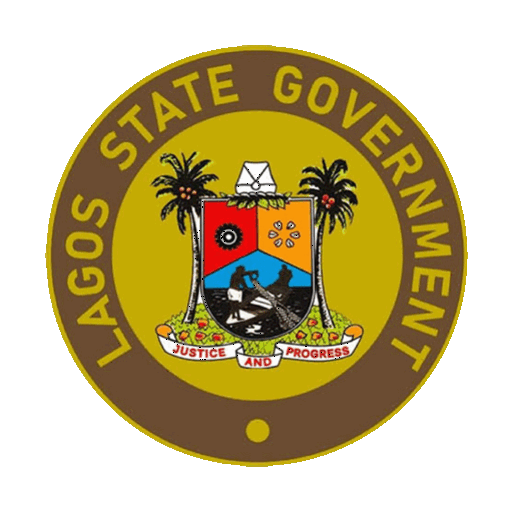
Meet Tamunoibim Jaja a Passionate Recycler Inspired by Ryan Hickman a young environmental activist.
Tamunoibim Jaja, a graduate of the University of Port Harcourt, developed a passion for recycling after a life-changing encounter with CNN in 2017. He was inspired by Ryan Hickman, a young environmental activist whose recycling efforts and recognition through the Young Wonder Award left a lasting impression on him. Despite being an undergraduate with limited capital, Tamunoibim boldly established his recycling brand, Beljat Cycle.
- Can we meet you, sir?
My name is Tamunoibim Jaja, and I’m the team lead at Beljat Cycle, a thriving waste recycling company. I hold a bachelor’s degree in Accounting from the University of Port Harcourt and have worked as an accountant in the oil and gas, real estate, and distribution sectors. I’m passionate about using local content to solve global problems.
- Can you tell us what your company does?
Beljat Cycle is a waste recycling company dedicated to creating sustainable waste management systems. We actively engage individuals in recycling practices, establishing a value chain that contributes to social change. We use the latest technologies to foster a sustainability mindset and create an inclusive environment where everyone can participate in recycling and give their waste a second life.
- What motivated you to start your recycling business?
I was inspired by Ryan Hickman, a young environmental activist whose recycling efforts earned him the CNN Young Wonder Award in December 2017. His impact on his community amazed me, and I decided to replicate his efforts in Port Harcourt. I started researching and talking to people but was discouraged by the lack of redemption centers for recyclables. However, I was determined to make recycling accessible, which led to the birth of Beljat Cycle.
- Can you describe your business model and how it ensures both environmental and financial sustainability?
Running a full-scale recycling business is capital-intensive, so we began as intermediaries. We buy waste materials at a lower price and sell them to companies in need at a higher price. We aim to acquire machines that will allow us to process recyclables into higher-value products, such as shredded plastics or plastic pellets. Beyond financial sustainability, we contribute to social change by organizing community events and educating people about recycling.
- What challenges did you face when starting your recycling company, and how did you overcome them?
My biggest challenges were a lack of information and funding. I spent time researching, watching YouTube videos, and even took a course on municipal solid waste management designed by the World Bank. Funding was difficult, so I started by collecting recyclables with the promise of paying later. I balanced my full-time job with my recycling business, using my income to fund our operations. We are still growing but believe we’ll scale with time and funding.
- Can you share a success story your company has achieved since its inception?
In 2022, we set up our first waste bank and have since recovered over 10 tons of recyclables. Seeing this model work, even with limited resources, is a major achievement. It’s also fulfilling to have my team members express their desire to continue the journey with Beljat Cycle.
- How do you source materials for recycling, and what partnerships have you established?
We source materials locally from households, communities, and informal collectors. Most of our partnerships are with poor women and businesses that give us their recyclables in exchange for value.
- How do you educate and engage the community about recycling?
We engage in community cleanups, and school programs to educate people about recycling and its environmental impact.
- How has your eco-brand helped reduce carbon emissions in Nigeria?
Many of our customers used to burn their waste, which releases harmful emissions. By collecting these recyclables, we’re reducing carbon emissions and educating young people about the environmental impact of waste, including methane and its effect on the climate.
- How do you handle the logistics of collecting, sorting, and processing recyclable materials?
We use tricycles (keke), taxis, and trucks to transport recyclables. Sometimes, larger buyers come with their trucks to load from our recovery center.
- What are your future plans for Beljat Cycle, and how do you envision its growth?
Our goal is to make recycling accessible across Africa by leveraging technology. We are currently developing an app to streamline our collection process and make recycling as easy as possible for everyone.


